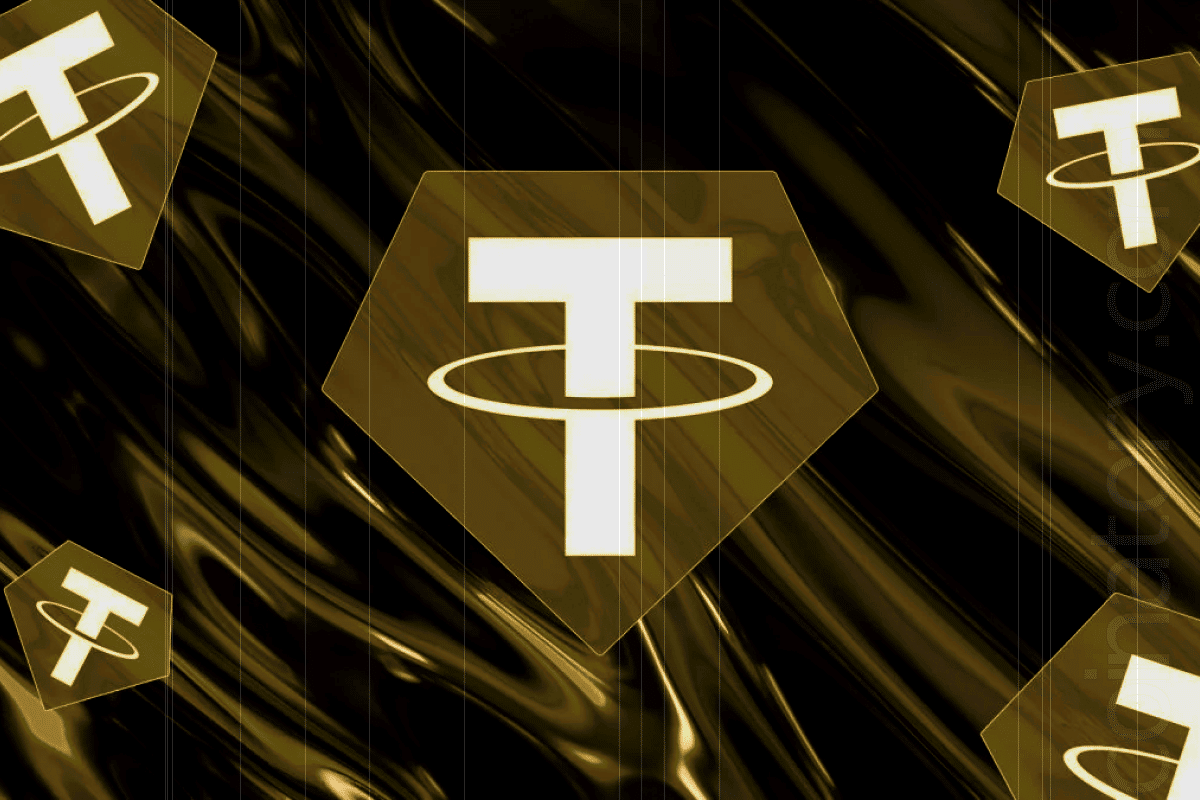
According to Christopher Hui, the city’s Secretary for Financial Services and the Treasury, Hong Kong plans to give tokenization and stablecoins top priority as important components of its Web3 ecosystem. In an interview with the South China Morning Post, Hui called tokenization a “defining trend” that has the potential to transform conventional financial markets by incorporating digital assets and blockchain technology into Hong Kong’s economic structure.
Growing as a Center for Crypto
By granting licenses for the trading of virtual assets and allowing businesses to introduce tokenized investment products, the Hong Kong government has aggressively advanced its cryptocurrency goals. Tokenization increases access to financial instruments by enabling investors to own a fraction of real-world assets using on-chain tokens.
This dedication is demonstrated by recent events. The Securities and Futures Commission (SFC) granted China Asset Management (Hong Kong) regulatory approval earlier in February to make a tokenized money market fund available to individual investors. By the end of the month, the fund is anticipated to launch.
Furthermore, the Hong Kong Monetary Authority (HKMA) unveiled Project Ensemble Sandbox, a testing platform for digital asset transactions and tokenized interbank payments, in August 2024. The project complements Hong Kong’s larger endeavors to investigate tokenized finance. By making its first tokenized gold offering, the HSBC Gold Token, accessible to individual investors in March 2024, HSBC made a significant advancement in this approach.
Stablecoins Are the Main Event
In keeping with regulatory actions in the US and other international financial centers, Hong Kong is now stepping up its attention on stablecoins in addition to tokenization. In order to maintain financial stability and regulatory clarity, Christopher Hui reaffirmed the government’s intention to creating fiat-pegged stablecoins.
Hui proposed a stablecoin bill in December 2024 that required stablecoin issuers to maintain reserves equal to the amount of supply in circulation. The law further establishes Hong Kong’s position on regulated digital assets by giving the HKMA the power to give stablecoin licenses to eligible companies.
Legislator Johnny Ng of Hong Kong demanded more pro-crypto legislation on February 5 and emphasized the urgency of acting quickly to stay up with advancements in digital assets around the world. He cautioned that if Hong Kong doesn’t quicken its crypto-friendly efforts, it could lose its competitive advantage, particularly given how the US’s crypto laws are changing under Donald Trump’s presidency.
Hong Kong maintains its position as a major player in the global crypto economy by using stablecoins and tokenization to propel Web3 innovation, all while maintaining robust regulatory frameworks and government-supported initiatives.







